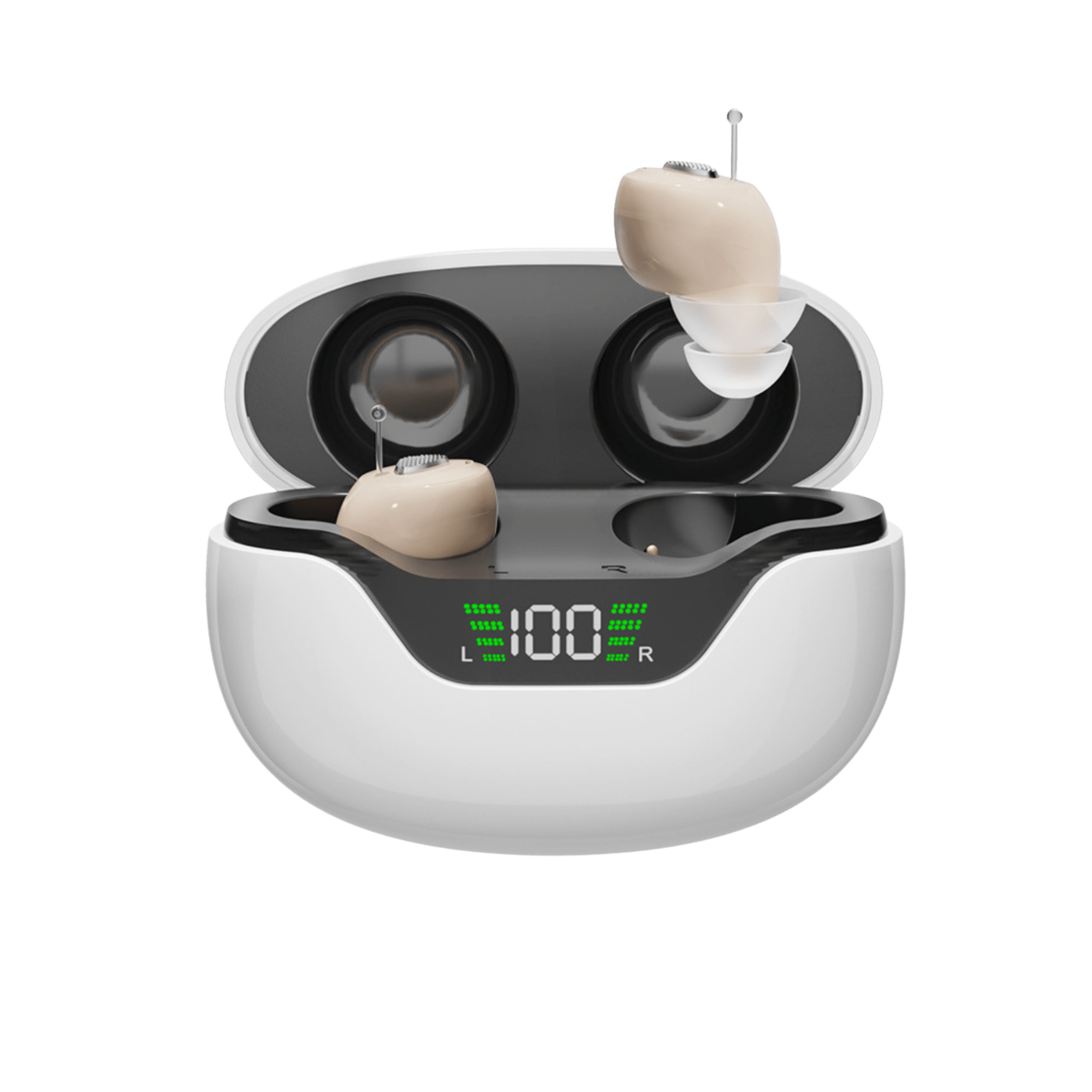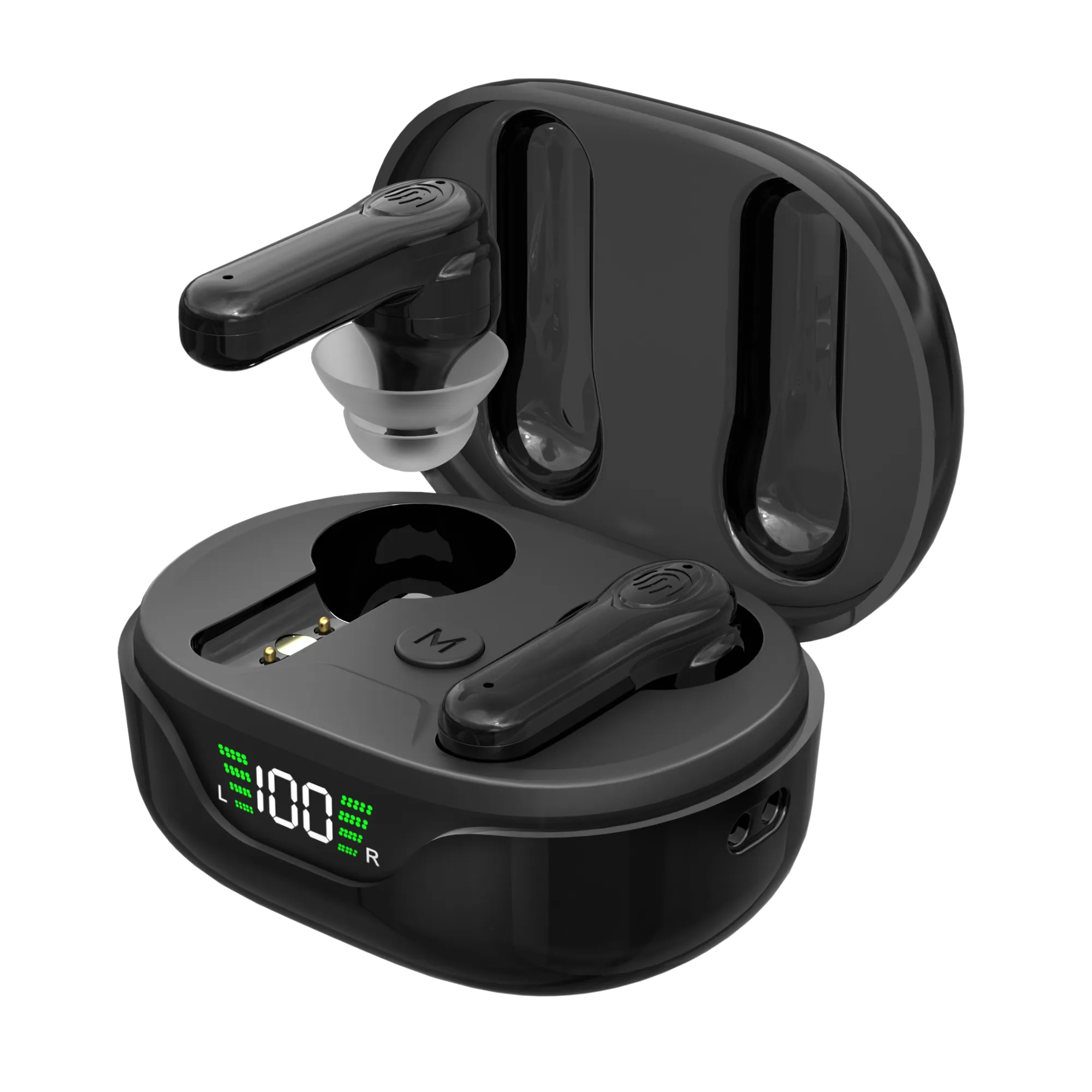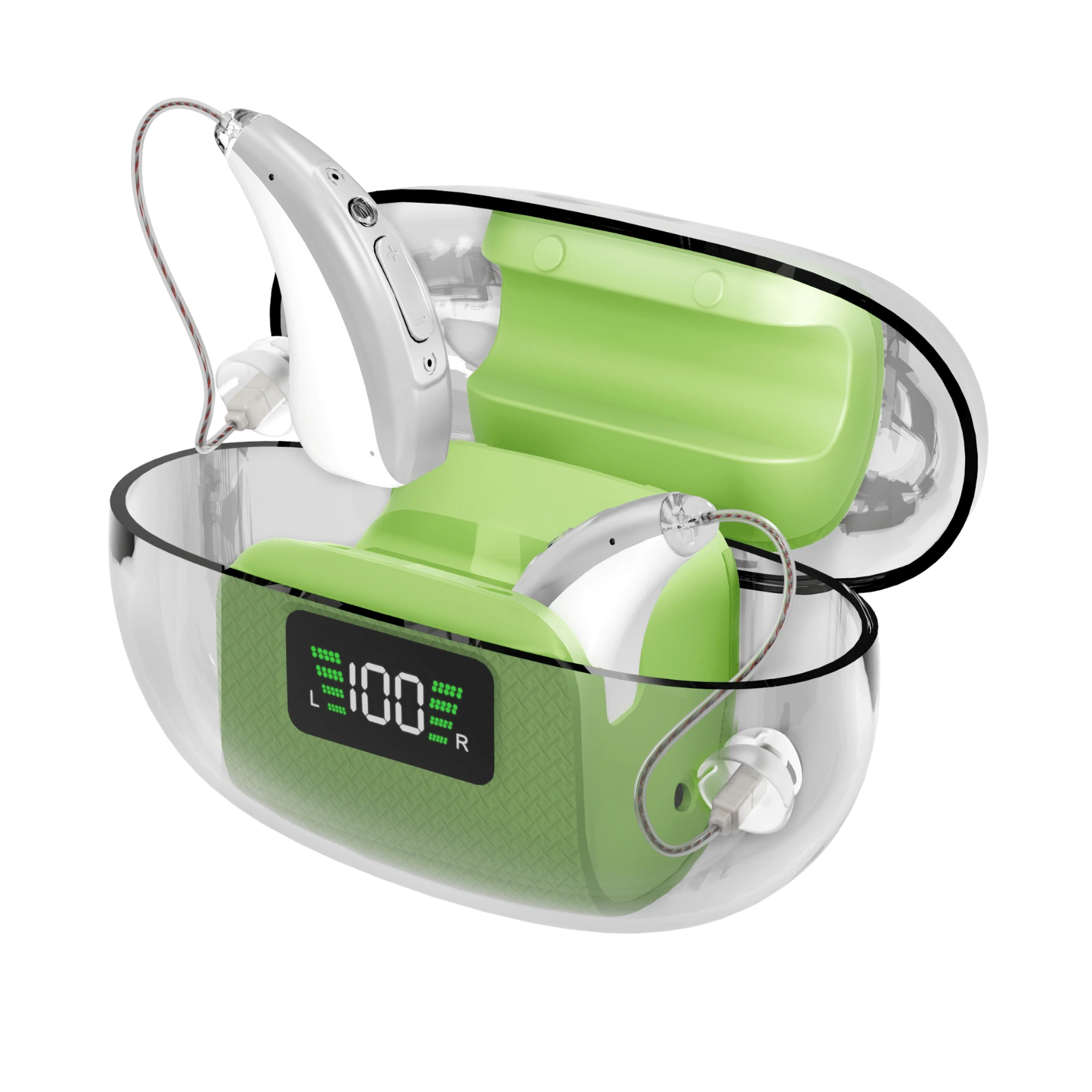Age and health status are two factors that might play a role in the process of deciding whether or not to wear hearing aids. In this section, we will explore the advantages that hearing aids may offer to youngsters, elderly individuals, and persons who suffer from a variety of medical ailments.
Hearing aids for kids and young adults
Hearing aids can be of substantial assistance to children who have hearing loss, and they can play an essential part in the development of the children's communication abilities. However, because children's ears grow so quickly and safety is a primary concern, hearing aids for children need to be adjusted frequently and have a variety of specialized features. In order to get the most possible benefit, routine audiological follow-ups and supplementary therapy are frequently indicated.
Hearing Aids for Older Adults
Hearing aids have the potential to completely revolutionize an older person's ability to communicate and engage in social activities. Those who have trouble hearing over loud environments may benefit from the capabilities that modern gadgets provide, such as directional microphones and digital noise reduction. Support from caregivers and designs that are user-friendly are two ways in which difficulties like physical dexterity and cognitive loss can be overcome.
Hearing Aids as well as Particular Health Conditions
The type of a person's condition plays a significant role in determining whether or not hearing aids are suitable for someone with that person's particular medical condition. People who have problems that damage the outer or middle ear may need alternative treatments such as bone-conduction hearing aids or cochlear implants, for instance, since they can help mask the ringing or buzzing noise that is caused by tinnitus. On the other hand, these devices may benefit people who have tinnitus by masking the sounds. Always seek the counsel of a qualified healthcare practitioner for specific instructions.
Conclusion
Hearing aids are beneficial to a diverse group of people, including youngsters, elderly individuals, and those living with certain types of medical disorders. Nevertheless, these advantages can be increased by the use of individualized techniques and consistent follow-ups. It is important to keep in mind that hearing aids are just one component of an overall hearing healthcare plan and that they should be utilized in conjunction with many other resources and techniques. Your trip through the world of hearing aids should always be navigated under the direction of an expert hearing healthcare specialist.
Hearing aids for kids and young adults
Hearing aids can be of substantial assistance to children who have hearing loss, and they can play an essential part in the development of the children's communication abilities. However, because children's ears grow so quickly and safety is a primary concern, hearing aids for children need to be adjusted frequently and have a variety of specialized features. In order to get the most possible benefit, routine audiological follow-ups and supplementary therapy are frequently indicated.
Hearing Aids for Older Adults
Hearing aids have the potential to completely revolutionize an older person's ability to communicate and engage in social activities. Those who have trouble hearing over loud environments may benefit from the capabilities that modern gadgets provide, such as directional microphones and digital noise reduction. Support from caregivers and designs that are user-friendly are two ways in which difficulties like physical dexterity and cognitive loss can be overcome.
Hearing Aids as well as Particular Health Conditions
The type of a person's condition plays a significant role in determining whether or not hearing aids are suitable for someone with that person's particular medical condition. People who have problems that damage the outer or middle ear may need alternative treatments such as bone-conduction hearing aids or cochlear implants, for instance, since they can help mask the ringing or buzzing noise that is caused by tinnitus. On the other hand, these devices may benefit people who have tinnitus by masking the sounds. Always seek the counsel of a qualified healthcare practitioner for specific instructions.
Conclusion
Hearing aids are beneficial to a diverse group of people, including youngsters, elderly individuals, and those living with certain types of medical disorders. Nevertheless, these advantages can be increased by the use of individualized techniques and consistent follow-ups. It is important to keep in mind that hearing aids are just one component of an overall hearing healthcare plan and that they should be utilized in conjunction with many other resources and techniques. Your trip through the world of hearing aids should always be navigated under the direction of an expert hearing healthcare specialist.





